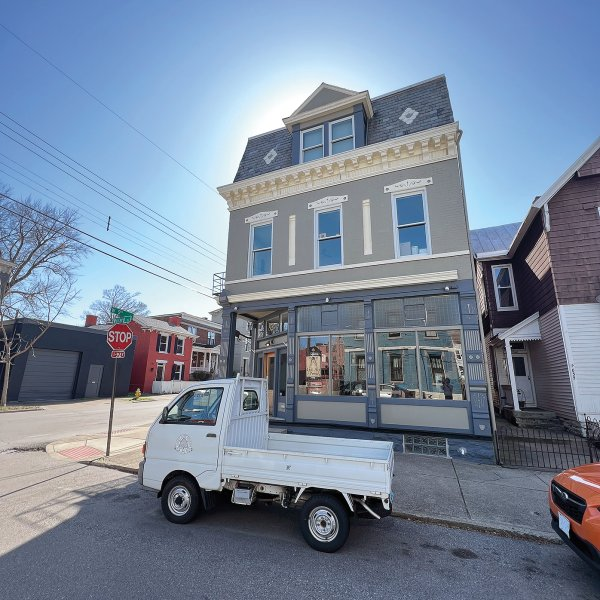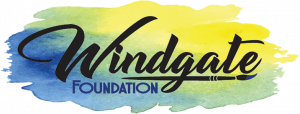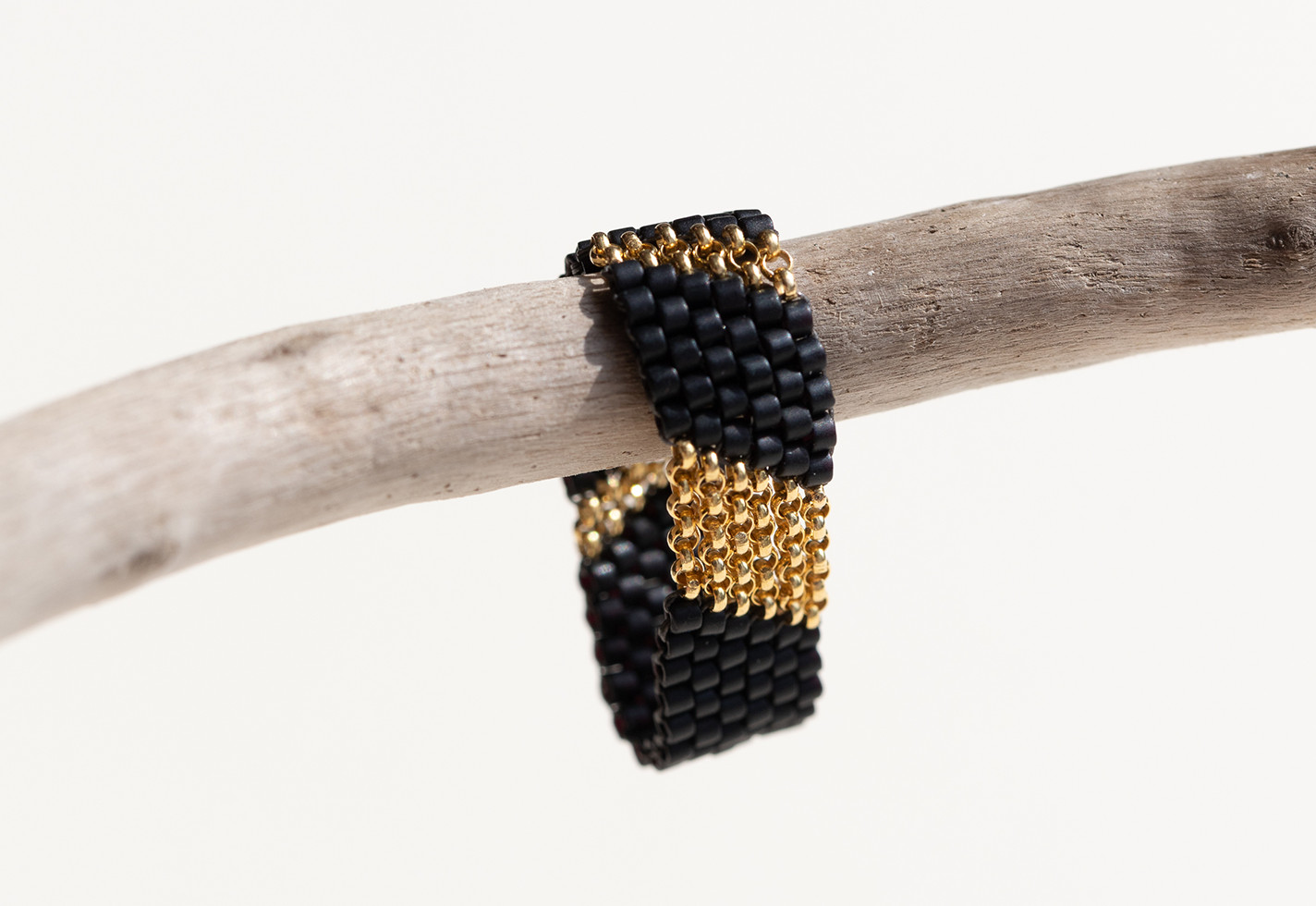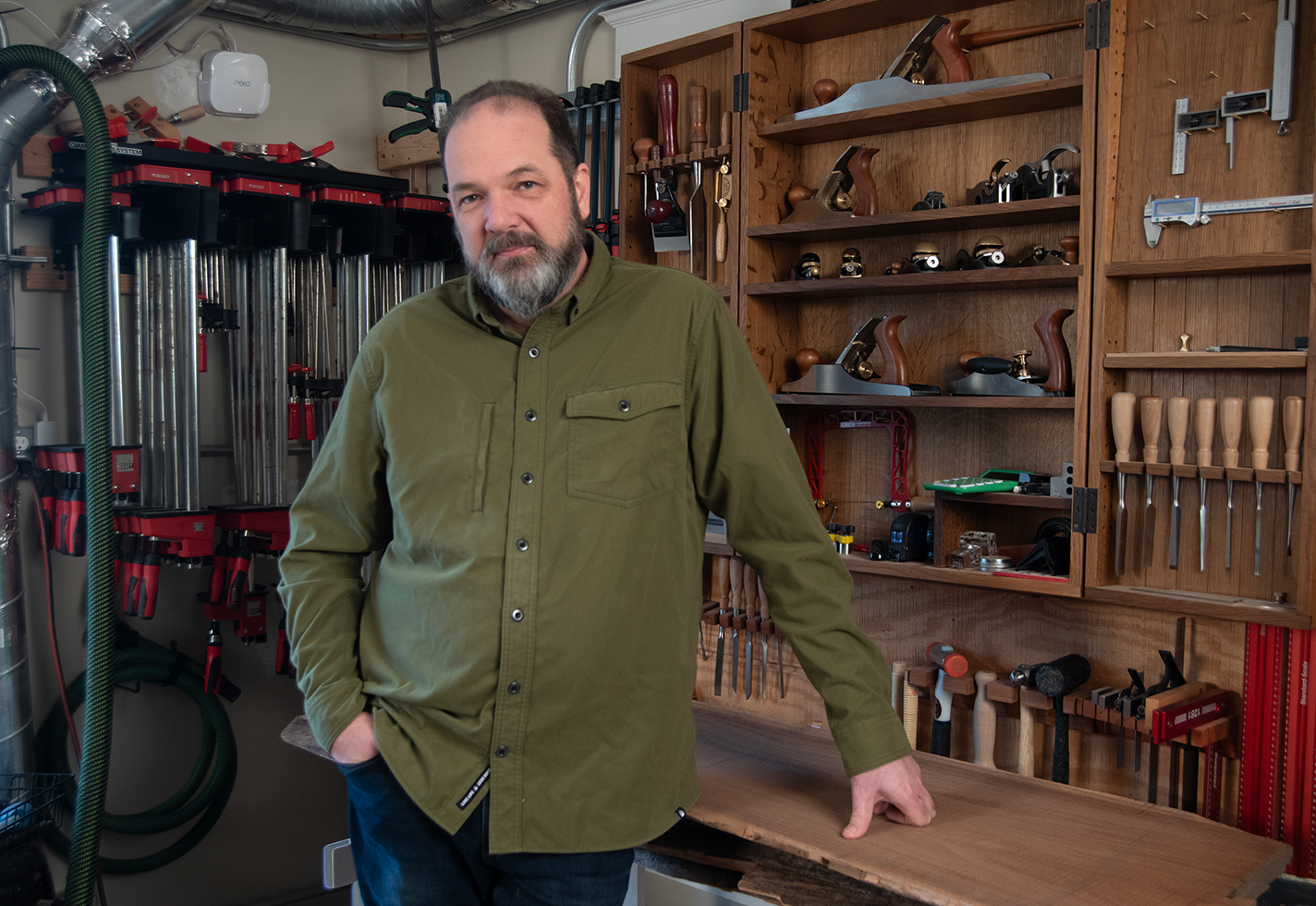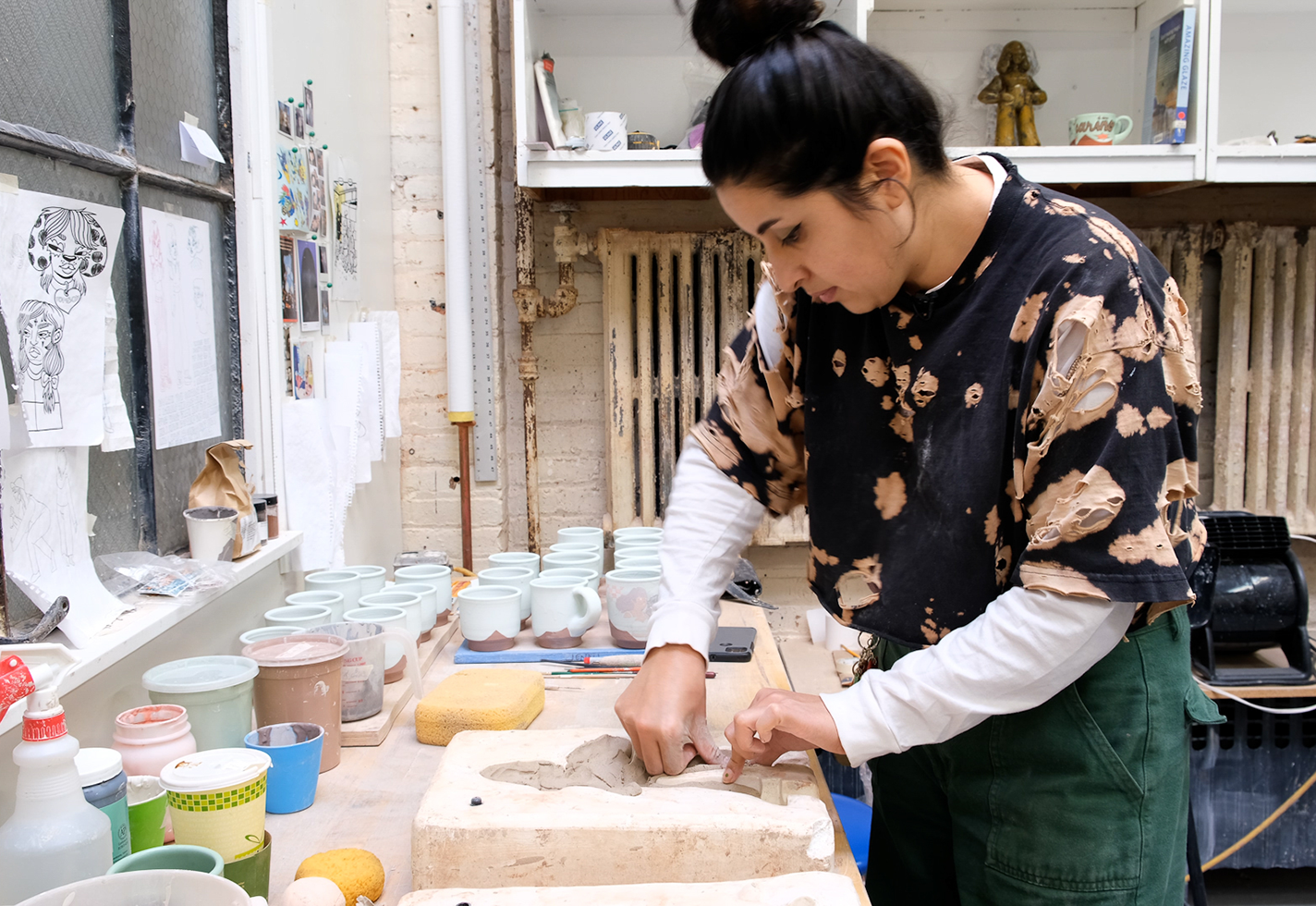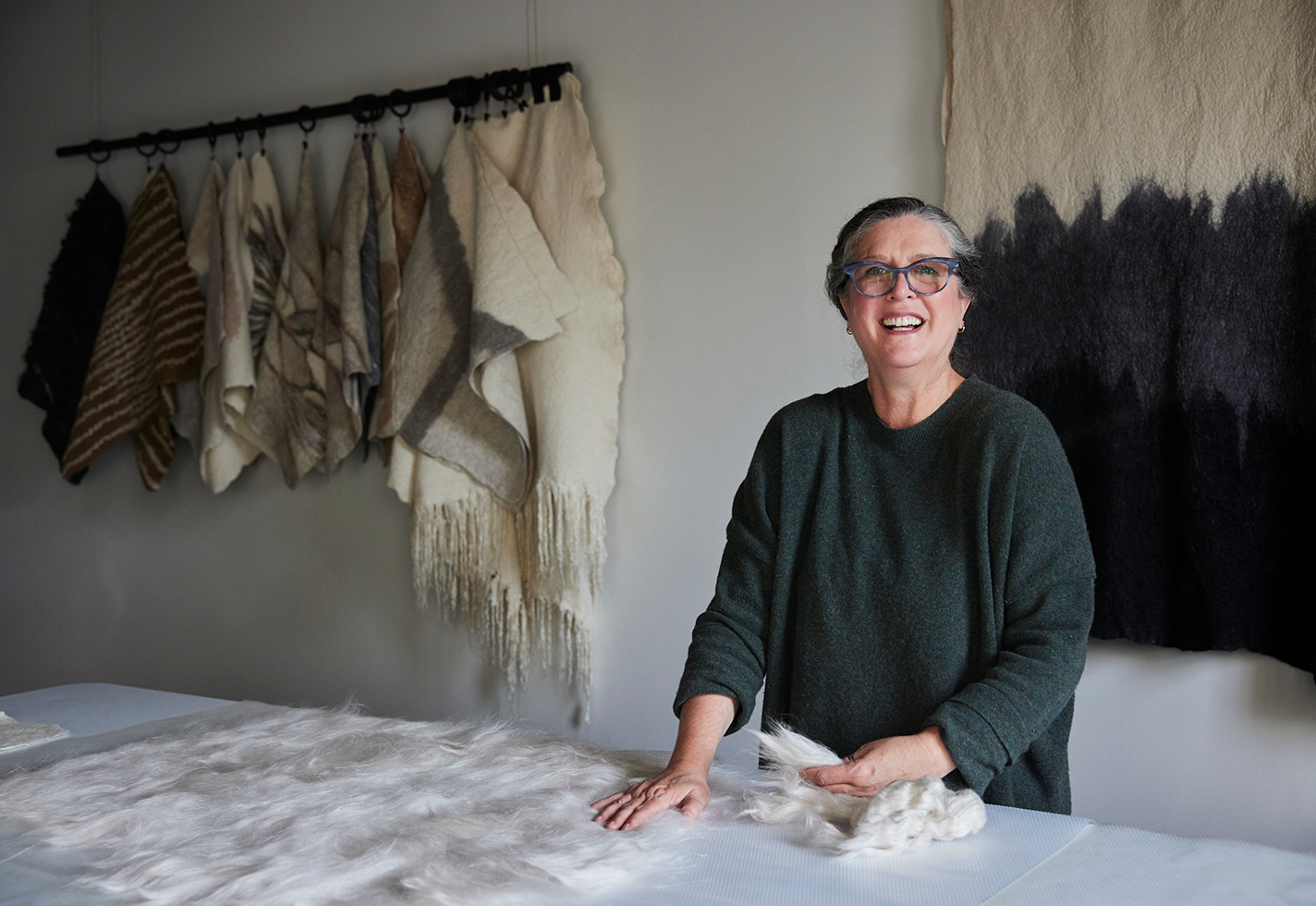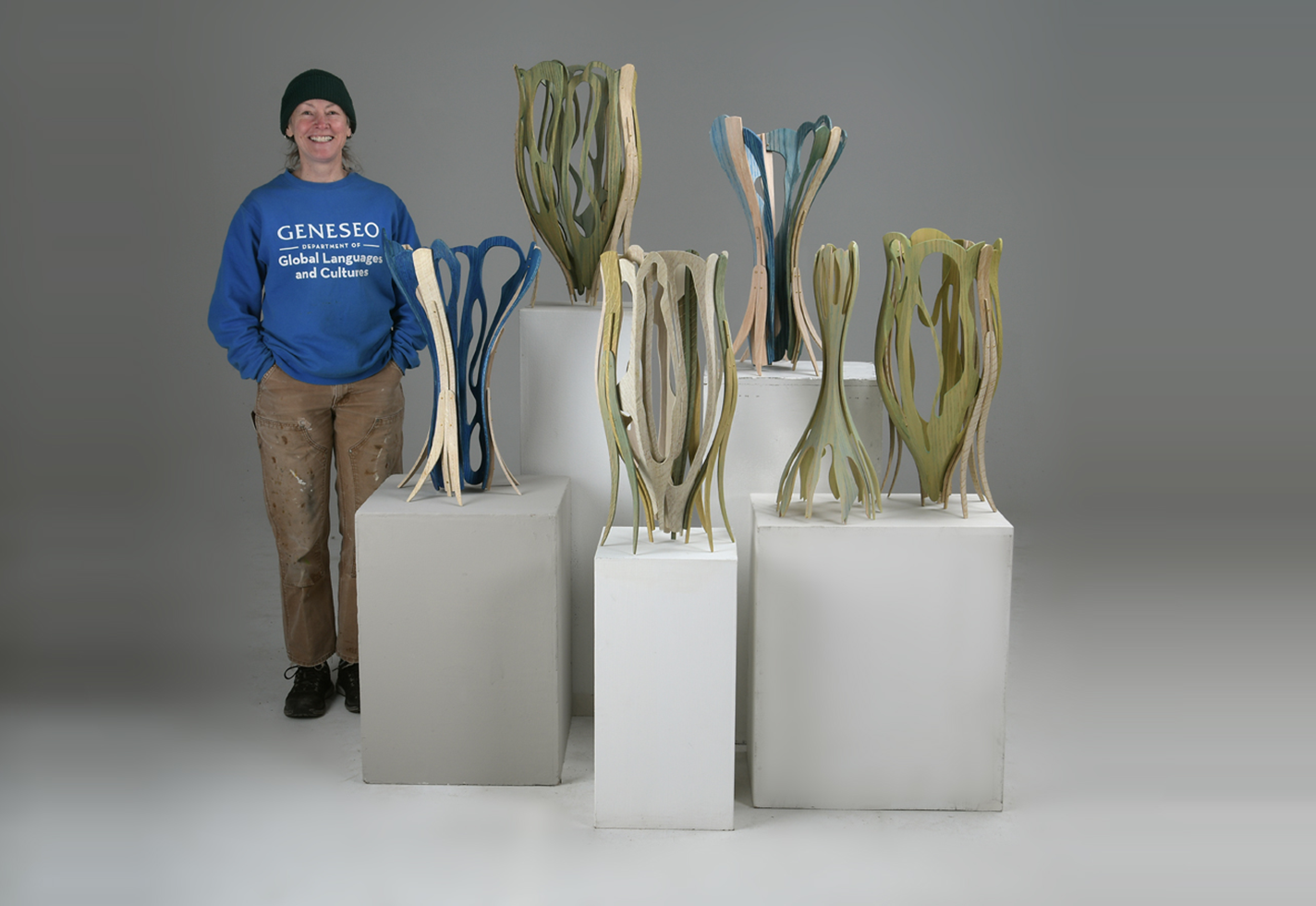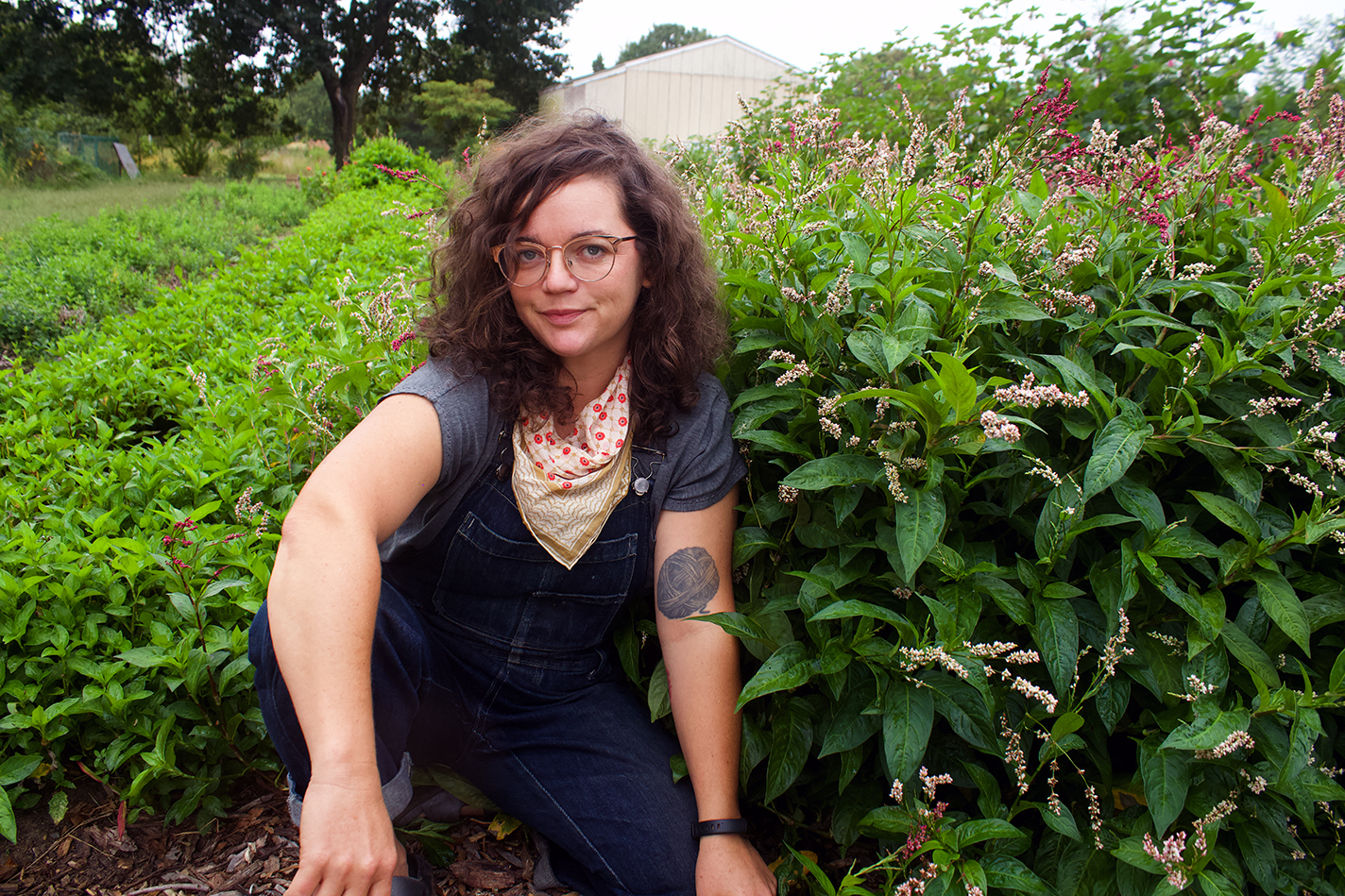Sitting among shipping boxes and woodworking benches in their Covington, Kentucky, headquarters, Lost Art Press co-owner Christopher Schwarz and editor Megan Fitzpatrick relay the history of this small but influential press. “At first the idea was, what books do people need?” says Schwarz, who cofounded Lost Art in 2007 with fellow woodworker John Hoffman.
Early on, Schwarz and Hoffman were told by established publishers that there was no money in printing high-quality woodworking books. “John and I sat down and we were talking about why there were no good books like [Scott] Landis and [Jim] Tolpin and Tage Frid and all these people used to do,” Schwarz recalls. “And we said, well, what if we could start a publishing company where we gave them enough money that made it worth their while?
“At no point were we smart enough to say, this is a stupid idea,” adds Schwarz, who luckily came to the endeavor with magazine publishing experience.
Lost Art has published 65 titles, 56 of which are still active, and boasts a stable of 33 authors. They ship more than 60,000 books a year to destinations all over the world, while operating out of a storefront in Covington’s historic district, which also happens to be the first floor of Schwarz’s home.
With titles like The Anarchist’s Tool Chest, Make a Chair from a Tree: Third Edition, Henry Boyd’s Freedom Bed, and Nancy Hiller’s Making Things Work, the press offers something for just about everyone. Lost Art is the keeper of an impressive body of quirky, esoteric, and endlessly fascinating woodworking knowledge. It also sells tools and provides how-to videos online. Catalog offerings range from the fanciful to the practical, including books such as Sharpen This and Workshop Wound Care, which one might purchase as a set.
The press’s lone editorial employee, editor Fitzpatrick, joined the team full-time in 2022. With just a handful of fulfillment staff, the press runs a lean business dedicated to a few key principles: publish smart and beautifully presented woodworking instruction by exceptional authors; use high-quality paper, printing, and binding; and pay authors well by giving them three times the industry standard in royalties.
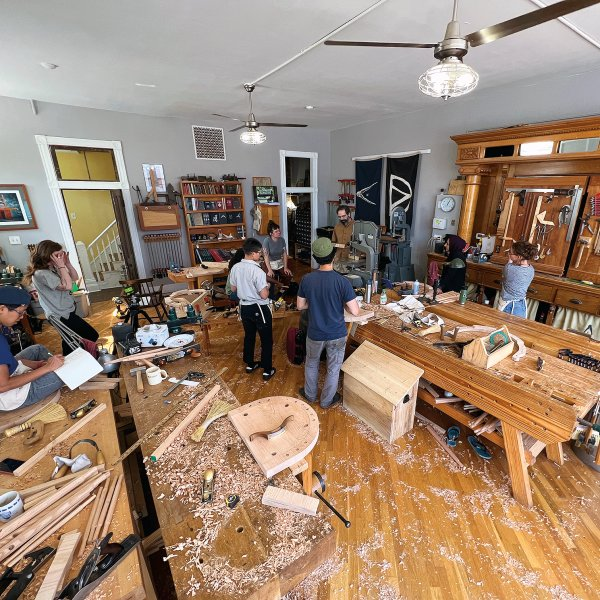
Cofounder Christopher Schwarz shows students how to make wedges with a band saw.
